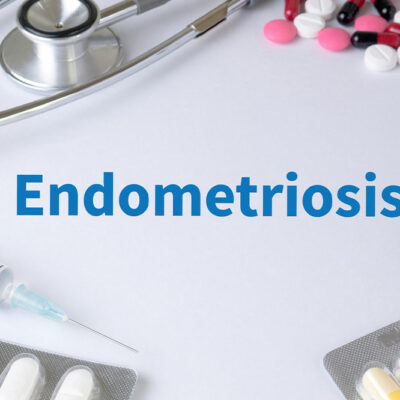
6 foods than can help improve memory
Nourishment is one of the most important aspects of health, especially for the brain, as it needs the right amount of vitamins, minerals, and other nutrients to function. An active lifestyle and better eating habits, including choosing the right foods, can help one maintain brain health. Such simple changes can also help enhance one’s memory and cognitive function. So, here are a few foods that can help one improve their memory: Turmeric Spices are known for their antioxidant properties, which make them a great addition to meals. This property helps the brain fight free radical damage. There has been extensive research on spices, especially turmeric, to understand their healing properties. The active ingredient in turmeric is called curcumin, which is known to help decrease feelings of anxiety by changing the associated brain chemistry. This protects the hippocampus, which is responsible for learning and memory. Another such spice with healing properties is saffron. Several studies suggest that saffron has helped reduce symptoms of depression in many participants. Fermented foods Fermented foods are made by adding microorganisms like yeast or bacteria to milk, vegetables, or other raw ingredients. The fermentation process is responsible for producing foods like yogurt, kimchi, kombucha, and sauerkraut.
Read More 







